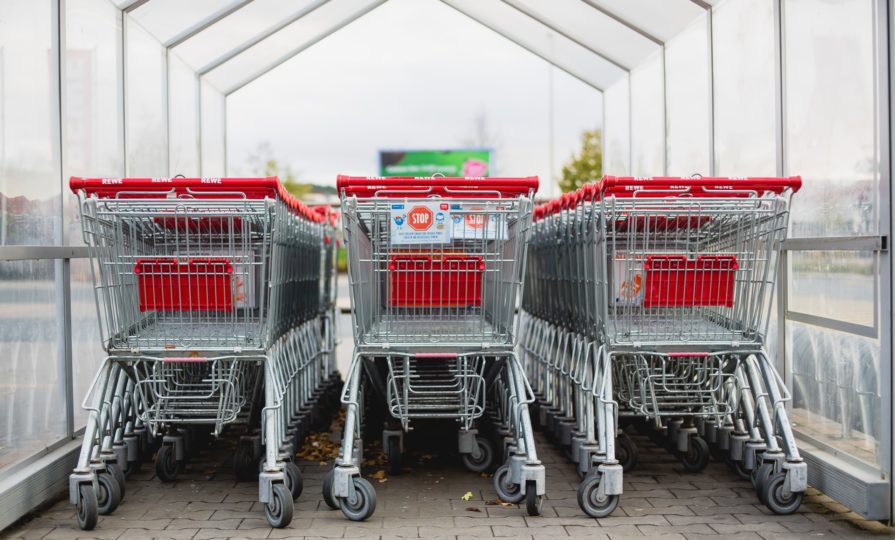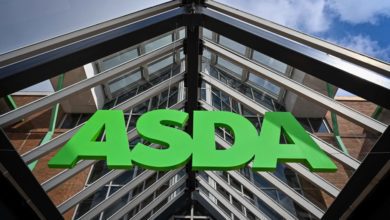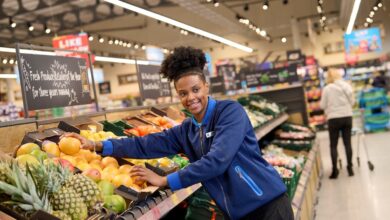Grocery sales soar 15% in February
According to Kantar, shoppers have spent £15.2bn more on groceries during the pandemic, around £4,800 per household on average

Grocery sales rose by 15.1% in February, the fastest rate of growth since June 2020, as UK consumers continued to remain home during lockdown.
According to the latest figures from Kantar, UK grocery sales also rose by 12.5% in the 12 weeks to 21 February 2021.
Nearly a quarter of households bought groceries online last month, as online grocery sales reached a new “record” share in the four weeks to 21 February, accounting for 15.4% of sales, up from 8.7% last year.
As consumers continue to turn to online shopping, internet orders now make up an average of 65% of grocery spending each month for online shoppers, according to Kantar.
Overall, ongoing restrictions on hospitality and changing consumer habits mean that UK consumers have spent £15.2bn more on groceries during the pandemic, around £4,800 per household on average, marking an increase of £500 compared with pre-pandemic times.
Tesco benefited from increased grocery spending in the last quarter, as sales rose by 13.2% in the 12 weeks ended 21 February, while its market share rose to 27.4%, its first market share gain since December 2016.
Iceland’s market share also increased by 0.3% to 2.5% and its sales rose by 23.9%, while its average basket size more than doubled in the period, the fastest rate of increase among all supermarkets.
Morrisons’ market share rose by 0.1 percentage points to 10.3% of the market, with sales up by 13.9%, and Sainsbury’s held its market share of 15.6% as sales increased by 12.1%.
Asda sales were 10.3% higher compared with a year ago while Co-op sales rose by 12.6% to maintain a 6.0% share of the market. Waitrose sales rose by 11.5%, and Lidl and Aldi sales were up by 10.9% and 5.6% respectively.
In its latest insights report, Kantar said: “With the vaccine rollout underway and a roadmap out of lockdown on the table, the year ahead is set to bring a significant shift away from the nation’s current routine and shopping habits.
“In terms of the grocery market itself, we’ll start to see year-on-year decline following the anniversary of the first national lockdown next month. Sales will be measured against last year’s record spending and comparisons will be tough against the heights of 2020.”
It added: “Demand for groceries is also likely to subside as the hospitality sector re-opens. The more typical sales patterns of 2019 will come to the fore as the most important metric to gauge retailer performance as we emerge from lockdown over the coming months.”







